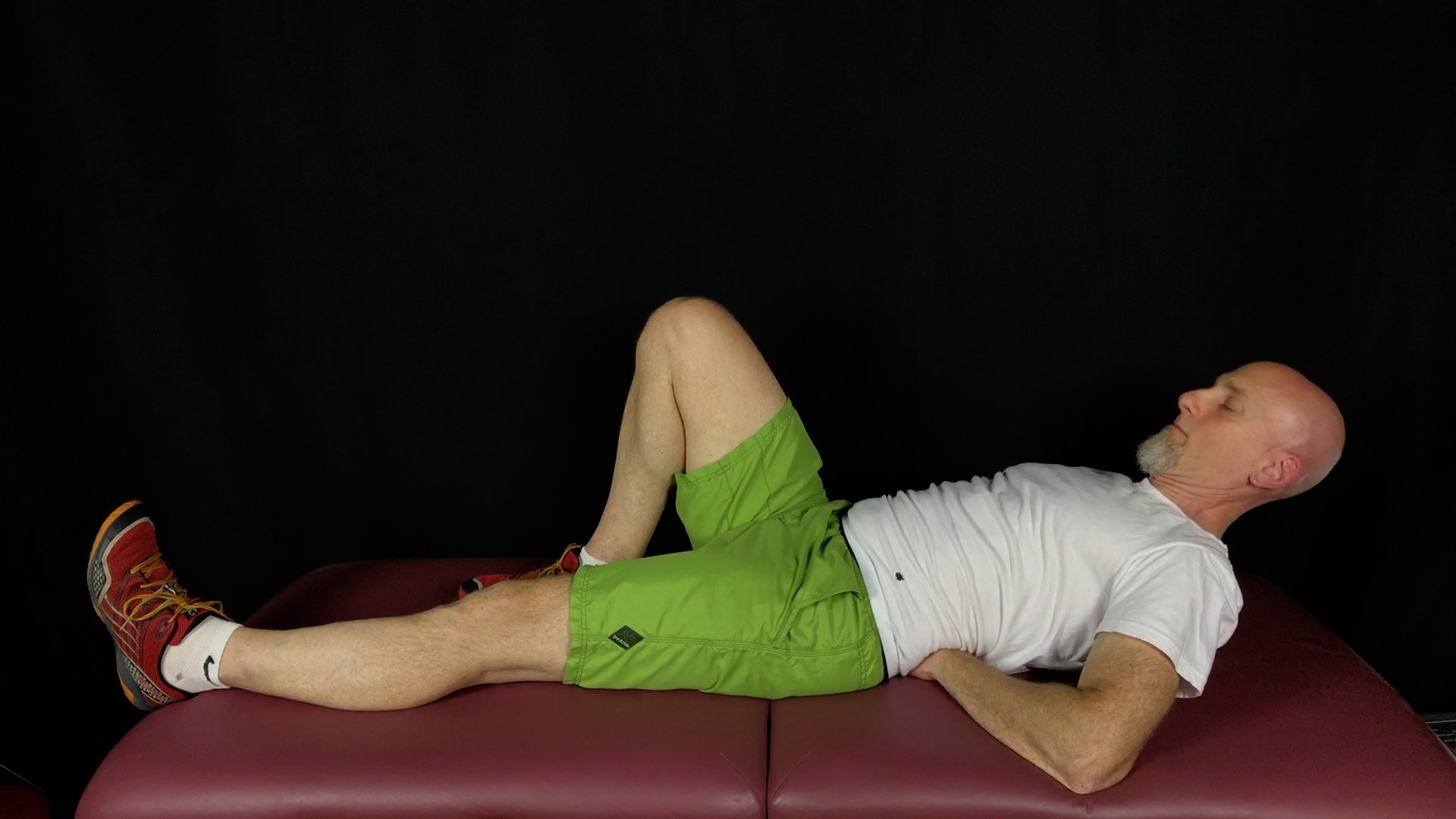Depending on whose statistics you read, 70-80% of chronic illness (cancer, cardiovascular disease, diabetes, stroke, etc) is related to lifestyle. We can complain about how politicians, lobbyists, drug companies, doctors and insurance companies have destroyed healthcare, but given that statistic it’s clearly up to us to nurture own health and well-being.
How lifestyle affects your health is a broad topic, which I’ll address in many future newsletters. Today I want to focus on one aspect of diet and nutrition.
There is no shortage of information about nutrition out in the world. While there is a great deal to gain from working on your individual needs with someone well versed in clinical nutrition, most of us already know some of the basics.
Why then is it still so difficult to incorporate those basics into our lives?? Habit? Laziness? Eating to manage stress? What is it for you??
Here are a few simple strategies for taking what you already know about nutrition and putting into practice.
- Have the first thing that you eat in the morning be something fresh – fruit, nuts, veggies, etc. Over time you may find yourself reaching for these foods more naturally in the morning.
- As a reminder to drink more water, keep a big glass on your desk. (Of course, don’t forget to fill it with water every once in a while.) Starting the day…
- Judge your meals by how you feel afterwards, not during. If you feel tired, bloated or have even a little indigestion chances are that you’re eating something that isn’t good for you.
- Focus most of your food shopping on the periphery of the supermarket. That’s where most of the fresh food is.
- Have a snack before you go to the grocery store. If you’re hungry when you shop your more likely to made bad food choices.
- Purchase fewer packaged food items. While understanding an ingredient list is important, most of what you buy should even have an ingredient list.
- We grow quite a bit of produce here on Long Island. Visit the local farms and try to eat more locally sourced food.
- Slow down. It takes a little time for your brain to realize that your stomach is full. If you eat too fast you’ll invariably end up eating more than your body actually needs.
You already know many of the basics. Make small changes. Don’t overwhelm yourself. After a couple of months, without much effort, you’ll have some new habits and you’ll probably be feeling more energized, lighter and more focused.






